Several states have specific laws making it illegal to ride a bicycle while intoxicated. The DUI laws state that operating a “vehicle” is illegal while under the influence. A bicycle is considered a “vehicle” under many state laws.
However, New York is different. New York’s DUI laws state that it is illegal to operate a “motor vehicle” while under the influence of alcohol and/or drugs. Drunk drivers of these vehicles can face severe penalties for a DUI conviction, including fines, jail time, and a suspended driver’s license.
Because the DUI law specifically states motor vehicles, you will not receive a DUI while riding a bicycle drunk in New York City. However, if you altered your bicycle to install a motor, you could be charged with DUI if the police officers stop you while riding under the influence.
DUI Bicycling Laws Could Change in New York City
Senate Bill S4141 was referred to the Senate Transportation Committee. If passed, the law would make it illegal to operate a bicycle while under the influence of alcohol and/or drugs. It is unclear whether the Bill will make it out of the Committee and, if so, whether it will pass.
Dangers of Bicycling While Under the Influence in New York City
Even though you might not be charged with a crime for riding your bicycle while drunk, you risk being involved in a bicycle accident. Bicyclists under the influence of alcohol and/or drugs have reduced reaction times, poor coordination, impaired judgment, lowered alertness, slowed thinking, and other impairments. A drunk bicyclist could swerve into traffic, fail to stop at a light or stop sign, or fail to take evasive action when a driver comes too close to the bicycle.
Bicycle accidents are common in New York City. Bicyclists hit by motor vehicles have a high risk of injury and death. Common injuries caused when a car hits a bicycle include:
- Traumatic brain injuries
- Crushing injuries
- Broken bones and fractures
- Spinal cord injuries
- Neck and back injuries
- Paralysis
- Severe disfigurement and scarring
- Internal organ damage
- Amputation and loss of limb
A bicyclist may sustain a permanent injury or disability because a reckless driver hit their bike. In addition to physical injuries, bicycle accidents also result in emotional distress and financial losses. In many cases, a bicyclist can recover compensation for these losses by suing the driver who caused the bicycle accident.
Bicyclists Can Sue the Driver for Damages Caused by a Bicycle Accident
If a New York City driver hits your bicycle, you can sue the driver for damages. Damages include monetary losses and non-economic damages. Examples of damages in a bicycle accident claim include:
- Past and future cost of medical treatment, nursing care, and personal care
- Scarring, disfigurement, disability, and impairment
- Loss of income and benefits, including future lost wages and diminished earning capacity
- Emotional and mental distress and anguish
- Physical pain and discomfort
- Out-of-pocket expenses
- Loss of enjoyment of life and decreased quality of life
The amount you could receive for a personal injury claim depends on the facts of the case. Riding your bicycle while intoxicated could negatively impact your ability to recover full compensation for your injuries and damages.
How Does Riding a Bicycle While Drunk in New York City Affect My Personal Injury Case?
You might not get a traffic ticket or be arrested for DUI if you ride your bicycle while drunk in New York City. However, being intoxicated while riding a bicycle could impact your personal injury claim if you are involved in a bicycle accident.
Typically, if a driver hits a bicyclist, the driver is liable for damages caused by the accident. Therefore, the driver would be legally responsible for your financial losses and injuries. However, if you contribute to the cause of the bicycle accident, your compensation could be reduced under New York’s contributory negligence law.
The law states that you can still recover damages if you are partially at fault for the cause of an accident – but your compensation decreases by your percentage of fault.
Therefore, if a jury finds that you were 45% to blame for the cause of your bicycle accident, the money you receive for damages decreases by 45%. In other words, you only receive 55% of your damages from the driver.
The best way to avoid this situation is never to consume alcohol and ride a bicycle. You increase your risk of being injured in a bicycle accident.
Furthermore, being intoxicated might not have contributed to the cause of the accident. But you might not be able to convince a jury that drunk bicycling was not at least partially to blame for the accident.
For more information, see our benchmarking report or contact us.

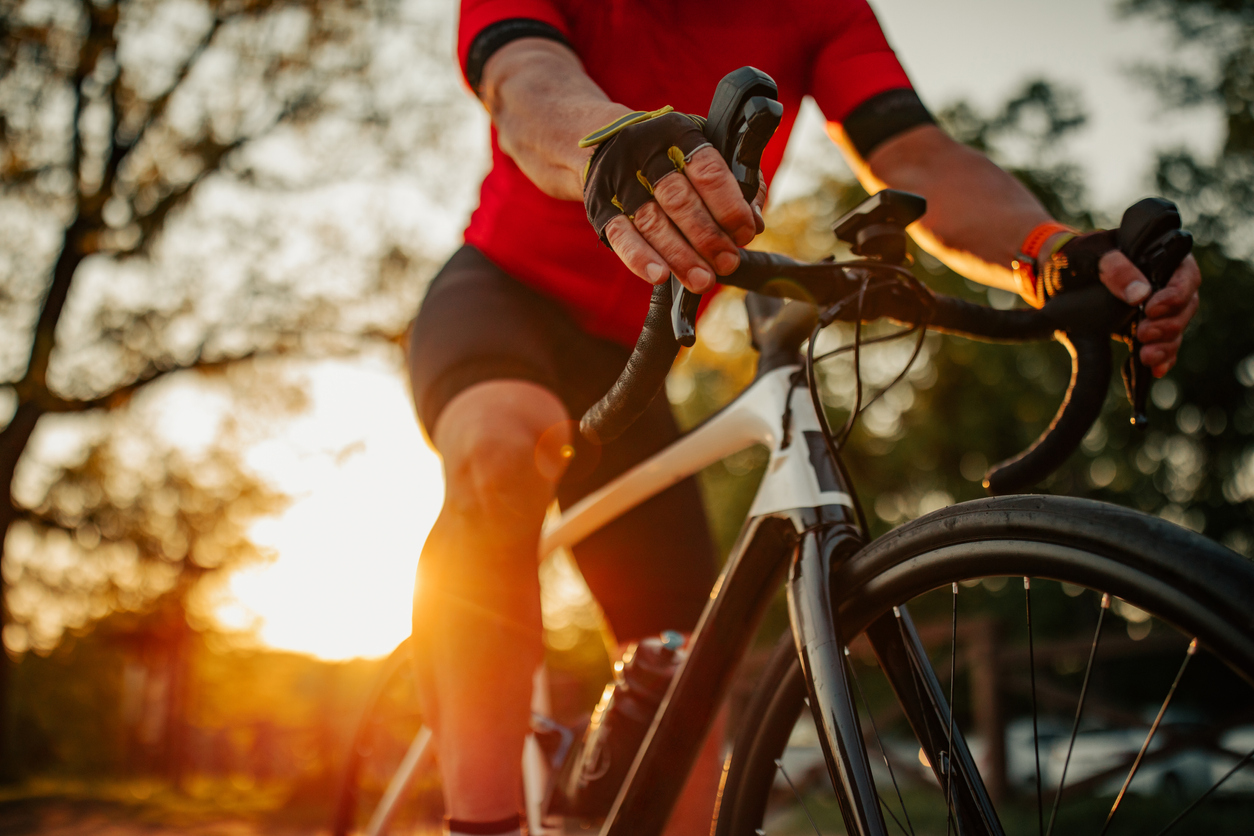

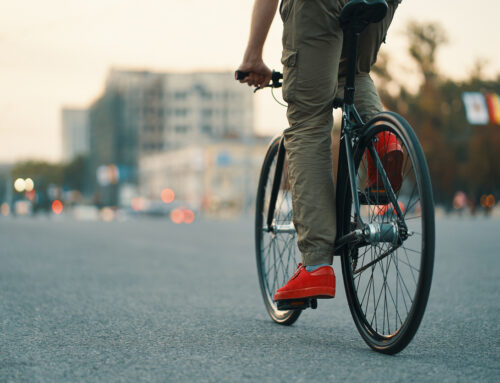
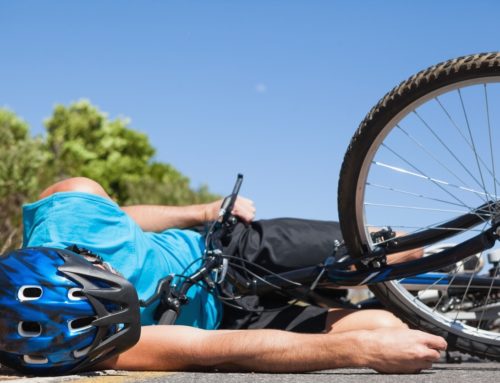
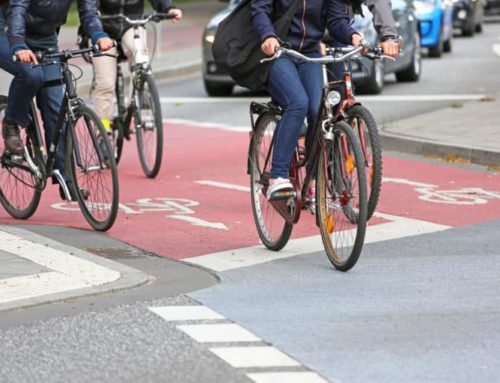

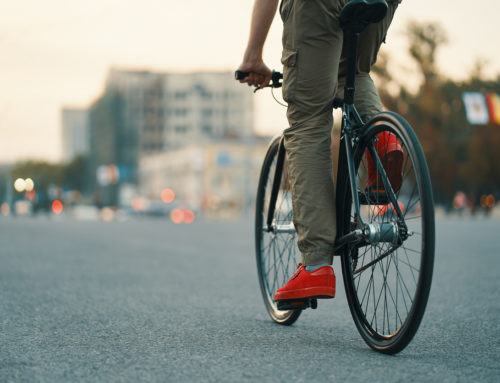


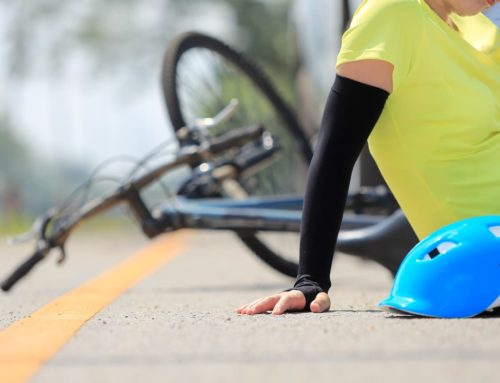

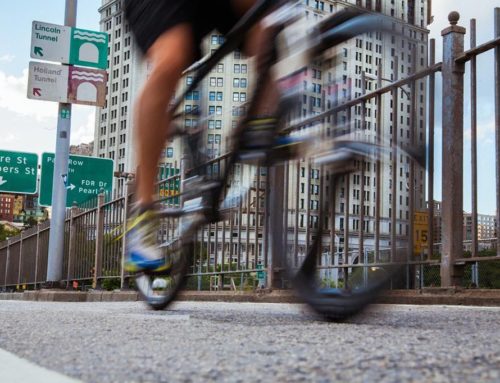
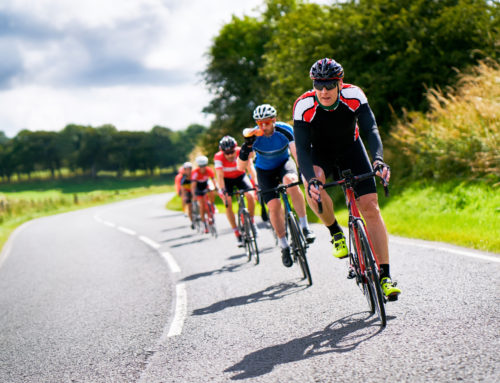
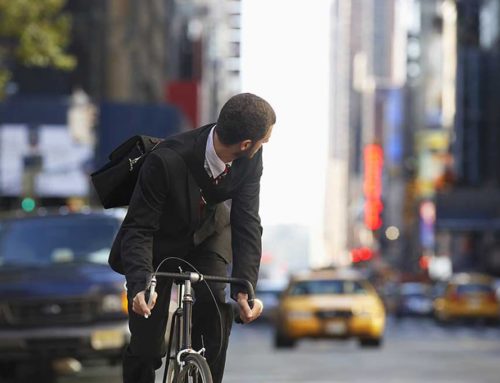
Leave A Comment